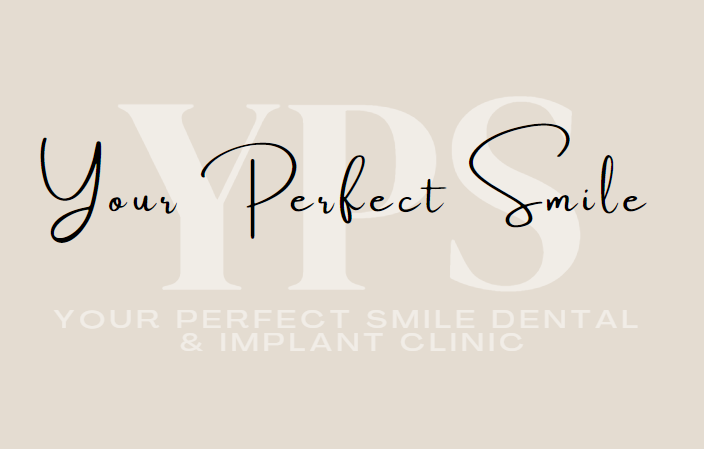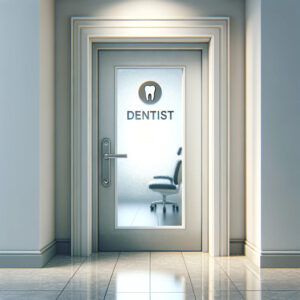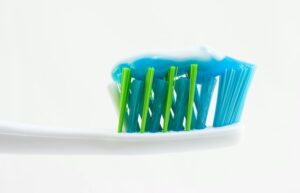Posted by:
Agnieszka Milbauer
In the modern dietary landscape, sugar is a ubiquitous component, tantalising our taste buds in myriad forms. However, beneath its sweet allure lies a less talked-about reality: sugar is one of the primary culprits in the war against dental health. This blog post will delve into how sugar affects your teeth and offer practical advice to safeguard your pearly whites.
The Sugar Effect
When you consume sugar, it interacts with the bacteria in the plaque on your teeth. This interaction produces acid, which can erode the enamel – the hard outer surface of your teeth. This process, known as demineralisation, can lead to cavities, tooth decay, and even gum disease if left unchecked.
Preventative Measures
Mindful Eating: Reducing your sugar intake is a straightforward yet effective strategy. Opt for healthier snacks and be aware of hidden sugars in processed foods.
Regular Dental Hygiene: Brushing twice a day with fluoride toothpaste and flossing daily can significantly mitigate the effects of sugar on your teeth.
Routine Dental Visits: Regular check-ups at Your Perfect Smile Dental & Implant Clinic can help catch and address issues early on.
Fluoride Treatments: Professional fluoride treatments can strengthen your teeth and help combat the effects of sugar.
To further elaborate on the preventive measures against the detrimental effects of sugar on dental health, it is important to dive deeper into each strategy.
Mindful Eating and Sugar Intake Management:
Identify Hidden Sugars: Sugar is not just in candies and desserts. It’s hidden in many processed foods, sauces, and even seemingly healthy snacks like flavored yogurt.
Healthy Alternatives: Replace sugary snacks with healthier options like fruits, nuts, and cheese. These not only reduce sugar intake but also provide essential nutrients for dental health.
Control Portions: If you do indulge in sugary treats, do so in moderation. Smaller portions can help limit exposure to sugar.
Enhanced Oral Hygiene Practices:
Brushing Technique: Use a soft-bristled toothbrush and fluoride toothpaste. Brush gently in a circular motion to avoid damaging enamel.
Timely Brushing: Brush your teeth after eating sugary foods. If brushing immediately isn’t possible, rinsing your mouth with water can help minimize sugar residue.
Regular Flossing: Flossing daily removes plaque and food particles from between teeth where a toothbrush can’t reach.
Professional Dental Care:
Regular Dental Check-ups: Visit Your Perfect Smile Dental & Implant Clinic every six months for a thorough examination and cleaning. These visits are crucial in detecting early signs of decay.
Sealants and Fluoride Treatments: Ask your dentist about sealants and fluoride treatments. Sealants can protect the chewing surfaces of the back teeth, and fluoride strengthens tooth enamel.
Lifestyle Adjustments:
Stay Hydrated: Drinking plenty of water helps wash away sugar and food particles. It also promotes saliva production, which neutralizes acid.
Chew Sugar-free Gum: Chewing gum stimulates saliva flow, which can help neutralize and wash away the acids produced when food is broken down by the bacteria in plaque on your teeth.
Educate and Involve: Especially for children, educating them about the effects of sugar and involving them in healthy dental practices is vital.
By implementing these comprehensive preventive measures, individuals can effectively combat the harmful effects of sugar on their teeth, ensuring a healthier and brighter smile.
Conclusion
While sugar can be detrimental to dental health, proactive measures can significantly reduce its impact. By being mindful of your sugar intake and maintaining good oral hygiene, you can keep your smile bright and healthy.







Recent Comments